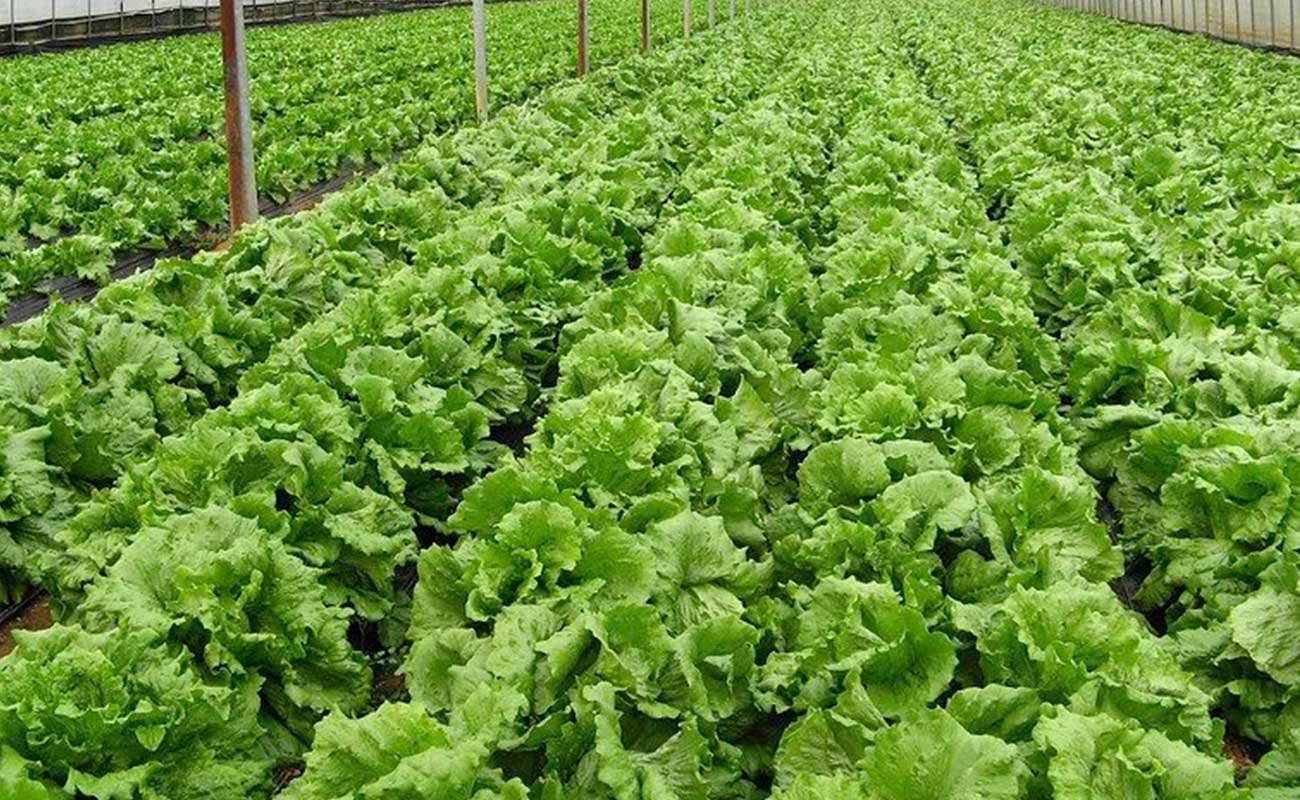
By Adam Abass
Northern Nigeria is faced with multi-faceted challenges that stem from widespread poverty, high levels of illiteracy, unemployment, and years of violent extremist activities. These issues have devastated the region, crippled its local economy and have impeded development opportunities compared to other areas of the country. Consequently, the region shows a significant developmental deficit compared to the south.
The Tinubu administration’s governance structure reform, which calls for the formation of a regional government has generated debate about the fate of the northern region regarding its development. Despite having numerous elites in government, the northern region has lagged in developmental projects. This reform raises concerns as each region would be unilaterally responsible for its development efforts.
The region’s poor and weak development indices, particularly its HDI indices, which have reached record lows in the past few decades, have raised concerns that if the region is left to manage its affairs, the situation may deteriorate further, however despite the northern region retarding development potential, the region still possess some untapped potential that, if exploited properly, can translate into broader development for the whole region.
Firstly, investment in the vast arable land for agriculture, while the northern region remains the food basket of the country, its rich and vast land has remained largely unexplored for agricultural activities. The region possesses a capacity of 34 million hectares of arable land for agriculture, with most of Nigeria’s agricultural produce coming out of the region. Despite the amount of food produced, it is insufficient to feed the region and the entire country, with a level warning risk of food insecurity. As a result, leveraging on the fertile land with increased mechanization to farmers and deployment of innovative solutions such as the use of high yield seedling, and desert farming techniques and also the use of technology to drive data decision in tracking weather variability, and suitable farm crop to plant for the season, will be essential. This can help improve productivity and increase agricultural output. Similarly, intervention into livestock farming will greatly contribute to sustaining the region. Currently, the North West account for 69.3% of livestock production, investing in these sectors and encouraging export channels, will be vital for the region’s economic growth and sustainability.
Secondly, the solar energy capability of the region, with its abundance of sunshine, has remained largely unexplored despite its numerous benefits for economic development. The northern region is optimally suitable for solar energy generation boasting the highest solar radiation energy in the country. Estimate suggest that utilizing 1 per cent of the land area in the north for electricity generation through a solar energy system with a 5% efficiency could generate approximately 333,480 MW of electricity. This amount exceeds the current electricity generated in the country, with enough capability to power thousands of Nigerian households and businesses effectively and positively impact the region’s struggling economy, and similarly open doors for numerous socio-economic opportunities.
Lastly, Solid Minerals- while local and international companies have become increasingly involved in the mining process in the country, it has not been effectively utilized for the region’s economic stability. The country has vast deposit of Solid Minerals, with about 70 per cent located beneath the region surface, these critical minerals resources have the prospect to drive significant development and compete with the oil and gas sector, the country’s economic mainstay. The region possesses world-renowned minerals, such as lithium whose demand in the market has skyrocketed due to countries’ plan to move towards zero carbon emission and clean energy. States like Kaduna, Kwara, Nasarawa and Zamfara have large deposits of these high-demand minerals. To transform the region and propel it towards self-reliance, this sector should be explored by regulating the Mining process, establishing factories/industries to process these raw materials, opening channels that attract foreign investors. Additionally, curbing and cracking down on the activities of illegal miners which result in millions of naira going unaccounted for, is essential
In conclusion, while Northern State Governments often rely on allocation from the Federal Government, with most of the revenue coming from the oil and gas sector in the south, with little substantial contribution coming from the north, the Northern government should explore the aforementioned areas and their booming potentials that can transform the region from once a dependent region, to one that is self-reliant and sufficient for its growth and development.
